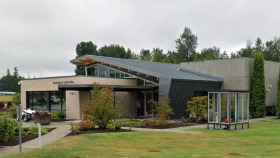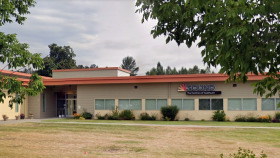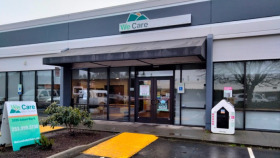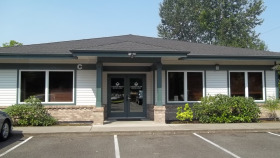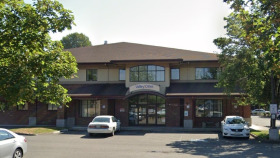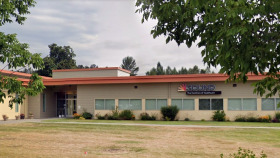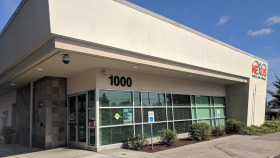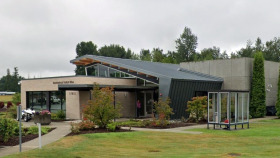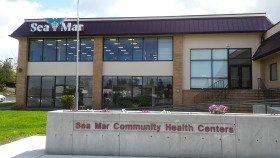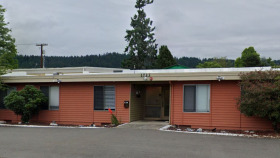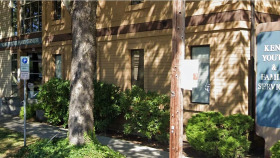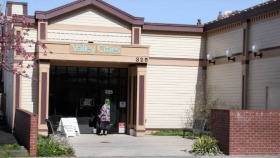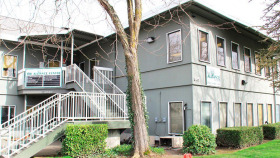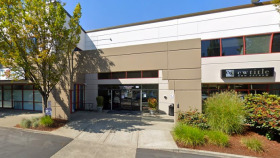Drug and Alcohol Abuse Statistics in Auburn, WA
Prior to 2018, fentanyl was involved in less than 10% of overdose deaths.1
Homeless King County residents account for 2% of the population but 20% of all overdose deaths in the county that occurred in 2022.1
The fatal overdose rate is greatest among American Indian/Alaskan Natives and is approximately 5x higher than for non-Hispanic White residents.1
Between Jan and Nov 2022, King County Emergency Medical Services treated 5,208 opioid overdoses.2
Levels of Substance Abuse Treatment
Washington residents have varying needs for substance abuse treatment. Multiple levels of addiction treatment are available to meet those needs.
Detox
The detox process safely clears your system of all drugs and alcohol. This initial step takes place in a hospital or inpatient setting, where medical personnel can supervise and make you comfortable during withdrawal.
Residential or Inpatient
Residential treatment typically involves group and individual therapy, family therapy, medication, and other recreational therapy methods. Participants receive these treatments while living at a facility under 24/7 supervision.
Partial hospitalization programs (PHPs)
PHPs are less intensive than inpatient, because you only remain at the facility during treatment times. Methods of treatment usually involve some of the same methods used in residential care.Intensive Outpatient Programs (IOPs)
IOPs provide several hours of treatment spread throughout the week. This often includes individual and group therapy. Washington residents may transition to IOPs after completing a residential or PHP program.
Standard Outpatient
Standard outpatient programs involve two or three hours of care per week. This treatment typically takes place at an outpatient clinic or at a therapist’s office. This level of care is appropriate for individuals who are highly motivated and have strong support systems.
Aftercare
Aftercare includes supportive, ongoing treatment such as 12-step groups, transitional housing, or other accountability groups. The aim of this support is relapse prevention.
How to Pay for Drug Rehab in Auburn, Washington
Private Insurance
The Mental Health Parity and Addiction Equity Act requires all insurance providers to cover substance abuse treatment to some extent. Since each plan differs regarding specific coverage, Washington residents must check with their provider to confirm exactly what is covered under their plan.
Washington Medicaid
Washington Medicaid is a government program for low-income residents that provides health coverage for individuals and families whose income is below specific levels. To use this program, residents must qualify and apply for Medicaid coverage, and the treatment facility must accept Medicaid as a method of payment.
Washington Medicare
Medicare is a government program that provides health insurance coverage for Washington residents aged 65 or older and individuals with certain disabilities. Not all rehab facilities accept Medicare as a payment method, so it’s important to research each program to determine if Medicare benefits will apply to their services.
Sliding Scale Rehabs
Sliding scale rehabs allow Washington residents to pay only what they can afford for treatment, based on their income. To qualify, residents must usually provide proof of income.
TRICARE in Washington
TRICARE in Washington (West region) provides health insurance coverage for U.S. military personnel, veterans, and their families. This coverage includes addiction treatment services, but not all plans offer the same amount of coverage.
IHS-Funded Drug Rehabs
Indian Health Service (IHS) rehabs provide free or low-cost treatment for Native Americans and Native Alaskans. This program is available even if the individual has other methods they could use for payment.
Travel to and Within Auburn, WA
Throughout its 150-year history, the city has been known for farming, business, and industry. But in recent years, Auburn has grown from small farms to larger industries.
Auburn is also known for its proximity to Washington’s top attraction, Mt. Rainier. Often called the gateway to Mt. Rainier, Auburn is an outdoor enthusiast’s paradise, with abundant biking, fishing, and hiking opportunities.
If you’ll be traveling for alcohol and drug rehab in Auburn or visiting someone who is undergoing treatment at an Auburn drug and alcohol rehab, use these valuable tips to guide your travel plans;
- The best airport option is Seattle-Tacoma International Airport, which is just a 15-minute drive from Auburn.
- Auburn is not considered walkable or bikeable, but Lyft and Uber services are readily available to get around town by car.
- King County Metro Transit provides local bus service in and around Auburn. Most stops offer service every 15 minutes.
- Locals typically consider the east part of Auburn to be the safest part of the city.
- Local attractions include Flaming Geyser National Park, White River Amphitheater, and the White River Valley Museum.
- Great day trip options from Auburn include Mt. Rainier National Park and exploring the many sites of Seattle.
- Auburn experiences cooler temperatures and a significant amount of rainfall. Weather-wise, the best time to visit for comfort are July and August.
Washington Drug and Alcohol Laws
Laws in Washington include the following regulations regarding substance use and misuse:1,2,3
Drug Courts: Washington residents who are charged with a first-offense, non-violent substance-related crime that does not involve DUI may be eligible to attend court-ordered rehab instead of serving jail time.
Good Samaritan Law: Washington’s Good Samaritan Law is designed to encourage people to call for medical assistance during an overdose. The law protects those who call 911 from prosecution for minor drug-related charges.
Naloxone Access: Washington state laws allow anyone at risk of drug overdose or who may be in a position to help someone experiencing an overdose to obtain and administer naloxone. Additionally, doctors may prescribe naloxone directly to an organization such as a homeless shelter, and some pharmacies can dispense naloxone to individuals without a prescription.
DUI Laws: In the state of Washington, the following drug paraphernalia is illegal, and possession of it is considered a misdemeanor punishable by up to 90 days in jail and a $1,000 fine.
- Cocaine spoons or vials
- Scales and balances
- Hypodermic needles or syringes
- Equipment used to test strength and purity
- Kits to process or manufacture illicit substances
- Chemicals used for cutting or diluting illicit substances
- Mixing devices
- Packaging equipment
- Pipes
Marijuana Laws: Marijuana is legal for both medical and recreational use in Washington. Adults 21 years and older can legally possess up to one ounce of cannabis, 16 ounces of marijuana-infused solid product, or 72 ounces in liquid form. All marijuana must be purchased from a state-licensed facility and consumed on private property. Driving under the influence of marijuana is illegal and punishable by jail time, license suspension, a $3,500 fine, insurance premium increase, and ignition interlock requirements.
Resources
- 2022 Overdose Death Report. (2022). Public Health, Seattle and King County. https://kingcounty.gov/depts/health/overdose-prevention/~/media/depts/health/medical-examiner/documents/2022-overdose-death-report.ashx
- Non-fatal overdose. (n.d.). King County. Retrieved December 9, 2022, from https://kingcounty.gov/depts/health/overdose-prevention/non-fatal.aspx
- Moreno, J. (2022, October 6). Auburn increases penalties for repeat drug offenders. KOMO. https://komonews.com/news/local/auburn-increases-penalties-for-repeat-drug-offenders


